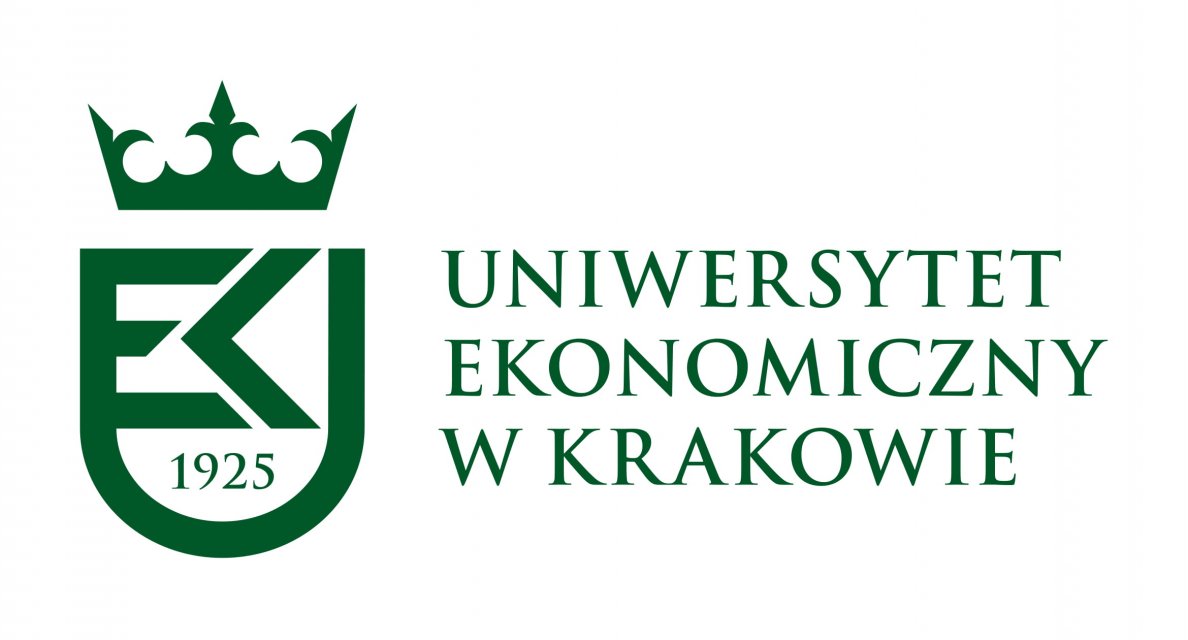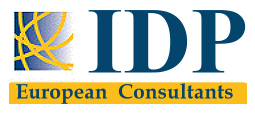
The ESMERALD training curricula: COVID micro and SMEs response toolkit
Evidence from the ESMERALD project transnational analysis (https://esmerald.eu/report.php) indicates that the European SMEs need innovative and appropriate training that takes account of renewed risks and enables them to face new challenges and reap the benefits of new opportunities.
The ESMERALD project partners carried out a detailed and very comprehensive report which highlighted:
• social, psychological, political, institutional and economic factors are important for resilience and maintaining the competitiveness of SMEs in the COVID-19 pandemic.
• remote work, public aid and flexible work arrangements were particularly important in the event of the COVID-19 outbreak;
• The development of new technologies in SMEs is a necessity
The main areas of the ESMERALD training material are (i) Online / digital marketing / cyber-security; (ii) E-commerce / Financing (iii) Digital Well-Being.
All partners of ESMERALD elaborated the training content, constituting the “COVID micro and SMEs response toolkit” (intellectual output 3) of the project, which tackle the following educations areas:
|
Area |
TOPIC |
Developed by: |
|
1. Online / Digital Marketing / Cyber-Security |
|
South-East European Research Centre (SEERC) |
|
South-East European Research Centre (SEERC) |
|
|
South-East European Research Centre (SEERC) |
|
|
South-East European Research Centre (SEERC) |
|
|
Internet Web Solutions (IWS) |
|
|
Internet Web Solutions (IWS) |
|
|
Institut de Haute Formation aux Politiques Communautaires (IHF) |
|
|
Mercatus et Civis Foundation |
|
|
|
|
|
|
2. E-Commerce / Financing |
|
|
|
Internet Web Solutions (IWS) |
|
|
Internet Web Solutions (IWS) |
|
|
Cracow University of Economics (CUE) |
|
|
IDP European Consultants |
|
|
3. Digital Well-Being |
|
|
|
South-East European Research Centre (SEERC) |
|
|
University of Dubrovnik (UNIDU) |
|
|
University of Dubrovnik (UNIDU) |
|
|
|
|
|
|
4. Smart Work / Digital Nomads |
|
Cracow University of Economics (CUE) |
|
South-East European Research Centre (SEERC) |
|
|
Cracow University of Economics (CUE) |
|
|
Cracow University of Economics (CUE) |
|
|
Institut de Haute Formation aux Politiques Communautaires (IHF) |
|
|
IDP European Consultants |
|
|
Mercatus et Civis Foundation |
|
|
|
|
|
The full training curricula is available in multilanguage version and open-access format via the official Open Educational Resource Platform of ESMERALD: https://esmerald.eu/toolkit.php












